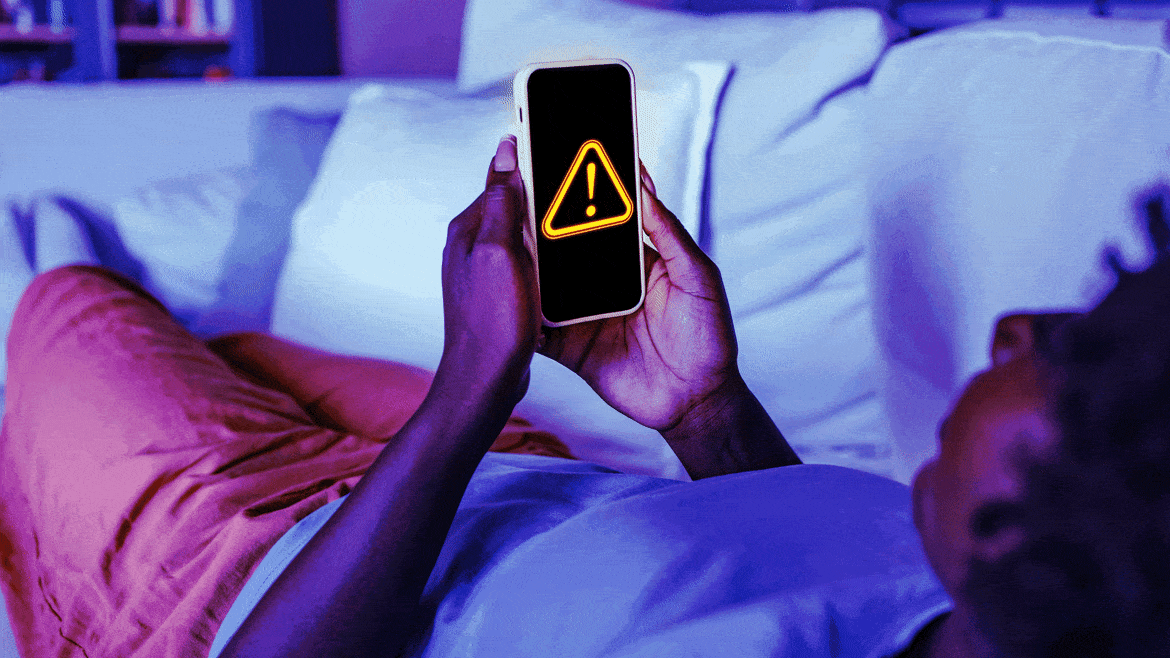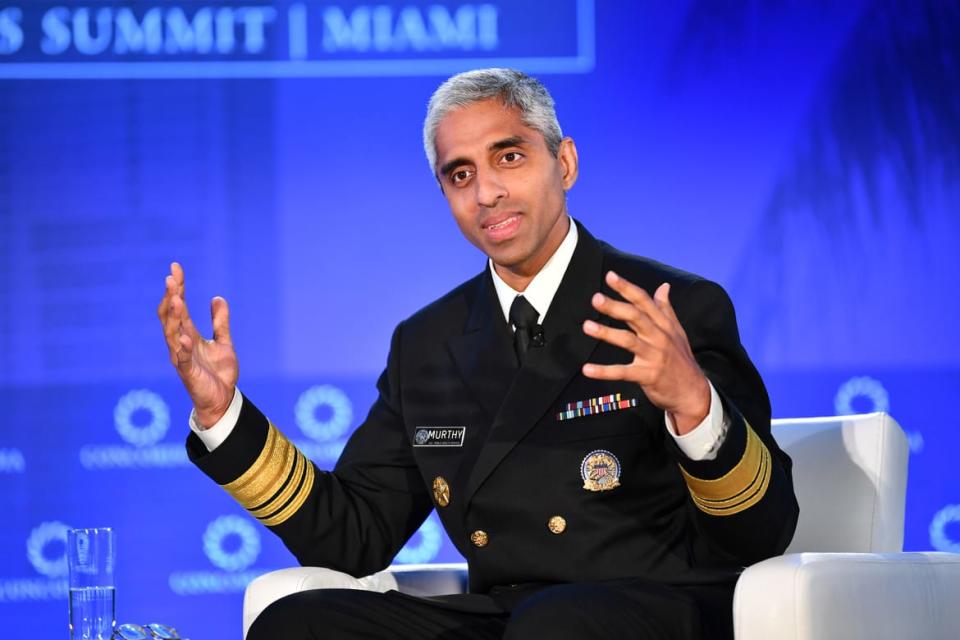Opinion: The Surgeon General Is Wrong. Social Media Doesn’t Need Warning Labels

Warning: Reading this article may cause you to question the Surgeon General’s reliance on feelings over science.
In 1982, then-U.S. Surgeon General Dr. C. Everett Koop said video games could be hazardous to children and warned of kids becoming “addicted” to them, causing problems for their “body and soul.”
This warning was not based on any actual science or evidence, but it kicked off decades of moral panic and fearmongering over the supposed risks of video games and children. This culminated in the Supreme Court rejecting a California law to require labeling of video games and restrict kids’ access to them, deeming it unconstitutional.
Studies have repeatedly debunked the claim that video games make kids more violent. Indeed, a recent Stanford meta-study of dozens of previous studies on kids and video games found no evidence of a connection between video games and violence. The researchers noted that if there was any correlation, it seemed to come from the public believing the unproven claims of a connection because politicians kept insisting it must be there.
Surgeon General Calls for Cigarette-Style Warnings on Social Media Platforms to Protect Kids
History repeats itself.
U.S. Surgeon General Dr. Vivek H. Murthy has decided to call on Congress to put warning labels on social media sites, similar to those found on cigarettes. He claims this is necessary because “the mental health crisis among young people is an emergency—and social media has emerged as an important contributor.”
While Dr. Murthy admits at the very beginning of his plea that he does not have “perfect information,” he suggests that it’s important to use his “best judgment” and “act quickly.”
The major problem is that, as with Dr. Koop and video games, the evidence supports little more than the fact that politicians jumping on the moral panic bandwagon has resulted in many people falsely believing that social media is harmful to kids. Yes, there is a high-profile book out making many false claims about social media, but nearly all of the researchers in the space think it’s blown out of proportion.

Dr. Vivek Murthy, U.S. Surgeon General, U.S. Department of Health & Human Services on July 14, 2022 in Miami, Florida.
Dr. Candice Odgers, one of the world’s foremost experts in teen mental health and social media, has written extensively on how falling for this unproven moral panic is likely to cause more harm for teens, not less. This is in part because the correlation that does exist between teens and mental health is the result of teens seeking out social media in response to a lack of access to mental health support.
One needs to go no further than Murthy’s own (widely misrepresented) report last year on social media and youth mental health to see that the evidence regarding teen mental health and social media is way more complex and nuanced than Murthy now makes it out to be. Murthy’s own report stated: “A majority of adolescents report that social media helps them feel more accepted (58 percent), like they have people who can support them through tough times (67 percent), like they have a place to show their creative side (71 percent), and more connected to what’s going on in their friends’ lives (80 percent). In addition, research suggests that social media-based and other digitally-based mental health interventions may also be helpful for some children and adolescents by promoting help-seeking behaviors and serving as a gateway to initiating mental health care.”
Indeed, his own report explicitly highlights how helpful social media has been for the mental well-being of “lesbian, gay, bisexual, asexual, transgender, queer, intersex and other youths” because it enables “peer connection, identity development and management, and social support.”
That seems like a strange thing to require a “Surgeon General’s Warning” about.
We put health warnings on things that are inherently harmful, with little redeeming health value. That is, things that are actually toxins: nicotine, lead, poisons.
The complaints here are with speech.
And as we saw with the moral panic-inspired California law around violence and video games, the Supreme Court seems unwilling to go along with labeling/suppressing speech based on a moral panic about new technology and kids.
The Coddling of the American Parent
As with video games, the more research we get on teens and social media, the less accurate the moral panic appears. In the last few years alone, we’ve seen more than one organization reach the same conclusion. The National Academies of Sciences released a comprehensive report stating that a “review of the literature did not support the conclusion that social media causes changes in adolescent health at the population level.” The American Psychological Association released a similar report, concluding: “Using social media is not inherently beneficial or harmful to young people.” Instead, it finds that when young people struggle with mental health, their online lives are often just a reflection of their offline lives.
Lots of other research has shown the same thing, yet Murthy’s call for health warnings never mentions all of this research that suggests social media is actually beneficial for many. Instead, he cites a few anecdotes of children who were bullied online. But bullying happened prior to social media, and we did not talk about putting health warnings on telephones or notepads or other forms of communication.
He does not address the potential for very real harm in following his suggestion. For example, a large meta-study in the Journal of Pediatrics, which similarly found no evidence to support social media being harmful to teen mental health, asserts that taking away places where kids can communicate without parental monitoring is the real cause of any teen mental health crisis. Based on that, social media might be one of the few remaining places that kids have a chance to be free from parental surveillance, and yet Murthy suggests it should be surveilled as well.
He talks about the need to be “diligent” in “monitoring” children’s accounts, even as the science is actually finding that such diligent monitoring can contribute to harms, rather than abate them.
When confronted with the science, Dr. Koop eventually admitted that his comments were “not backed up by scientific evidence” and backed off any effort to suggest that video games were harmful to children. Dr. Murthy would do well to read the actual science and re-evaluate his position here.
Get the Daily Beast's biggest scoops and scandals delivered right to your inbox. Sign up now.
Stay informed and gain unlimited access to the Daily Beast's unmatched reporting. Subscribe now.


